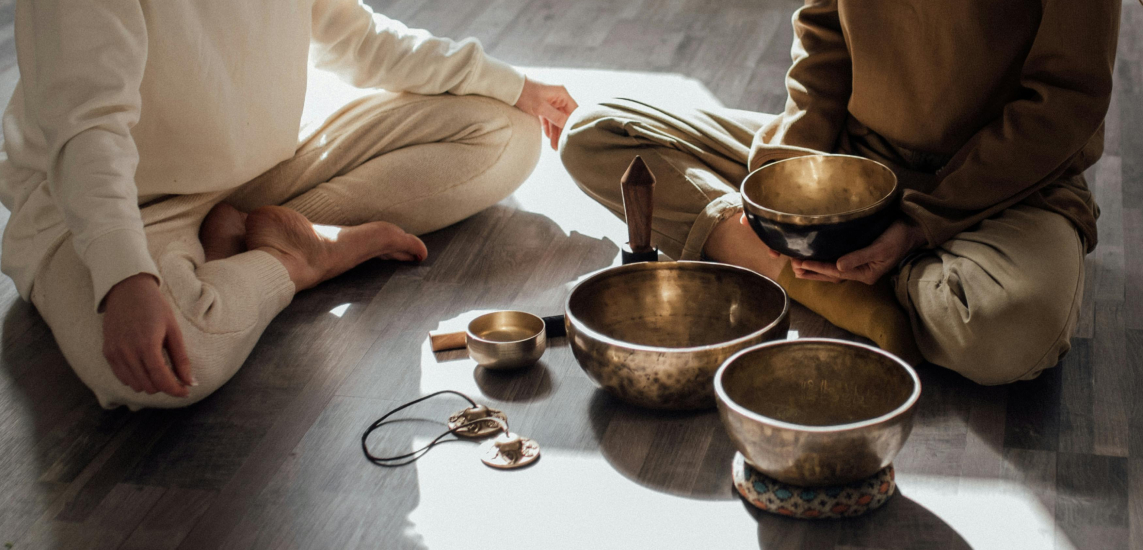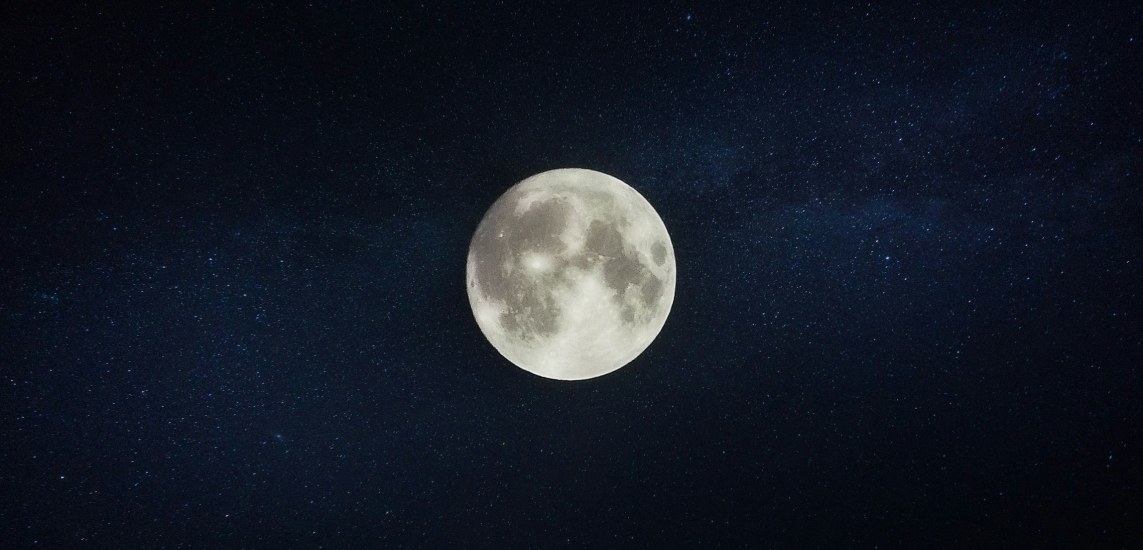Justin Michael Williams shares four toxic and self-sabotaging behavior patterns that keep people from growing, succeeding and becoming the person they’re truly are.
This is a transcript of one of Justin’s talk. Connect with his empowering voice by listening to the full track below:


- 4 Toxic Habits Justin Michael Williams 8:18
What Keep Us From Growing
When people come up to me and they say, “I wrote this vision, I did this vision board and I’ve been meditating and I’ve been manifesting but nothing’s happening, nothing’s coming true,” I tell them one thing, “You don’t get what you want in life, you get what you are.”
So many of us are walking around and doing all these practices and doing all this transformation and listening to podcasts and reading books, but all that’s doing – if you’re not paying attention to the ways that you’re sabotaging your own self – is like watering a garden full of weeds and expecting roses to bloom.
And that’s what so many of us are doing. And one of the things that I think is essential for all of us on this path of growth and transformation is to get real with ourselves because there are four toxic self-sabotaging patterns that stop all of us from success, and I’m going to walk through them with you right now.
4 Toxic Patterns That Keep You From Succeeding
Toxic Habits
The first one is toxic habits. Now, I know you’ve heard this before. Like, “Okay, here he goes with toxic habits.” But I want you to listen carefully because I’m going to talk about this a little differently than you might’ve heard about before.
I’m not talking about like, if you’re getting blackout drunk every night, you don’t need me or a book or anybody to tell you that you’re engaging in toxic behavior. I want to talk about the kind of habits that sneak under the rug, the things that everyone else is doing, the things that become a part of your identity because they’re hidden toxic habits.
And before I name some of these habits, I want to tell you that nothing in the universe is inherently toxic. Something could be toxic for you but not for your friend, toxic for your mom but not toxic for your sister. And this all depends on your vision, and who you want to become and what you want for your life.
With this vision, we have a filter, and this filter can tell us one thing about every single thing we do. Is this habit that I’m engaging in taking me closer to my vision and closer to who I want to become or is it taking me further away? And there’s no in-between, every single thing you do every day is either taking you closer or further away.
This makes us take a different look at things like watching TV. Is watching TV toxic? No, not inherently, but if you’re somebody who says you’ve always had this passion project and you always want to write this book and you never have time to write a book but you’re watching four seasons of stuff on TV right now, TV is toxic for you. How about caffeine? Is caffeine toxic? No, not inherently, coffee is great for some people. But if you’re somebody who uses caffeine chronically to help you stay awake, to help you function and thrive and survive in your life and you can’t do anything without it, and in your vision you want to be somebody who’s healthy and vibrant and active on your own natural energy, then this vision tells you that caffeine is toxic for you.
And there’s so many other things that come up when I talk to my clients about what’s toxic. It’s things like porn and alcohol and always saying yes to people when you really want to say no. All of these different things take us one way or the other towards our way from our vision, so we have to be careful with what we choose to engage with every day.
Read more: Clinical psychologist Dr. Ellen Hendriksen shares helpful tips on how to say no more often and finally not feel guilty about it.
Toxic People
Now, the second thing is toxic people. And again, I know you’ve heard about this before, we all like to cut people out of our lives, but I’m not talking about toxic people in the way you might think.
The kind of toxic person that I want to bring your awareness to today is what I call a skeptical friend. Now, a skeptical friend is one of those people who when you tell them good news you don’t know if they’re happy for you or if they’re jealous, or you don’t know if they’re mad at you sometimes or if they’re not, so you’re kind of walking on eggshells. Or here’s a good one, you don’t really want to call them and you don’t really want to invite them to do stuff but you do because if you don’t, they’re probably going to be mad at you. That is a skeptical friend.
And this is the most toxic person of all because if someone’s bad for you, you keep them away. But a skeptical person you allow into your life, to hear about your dreams, to hear about your goals, and all it takes when you’re on the verge of doing something new is one pessimistic comment to turn you completely off-track. And that’s what the skeptical friend has the power to do. You got to cut these people out of your life.
Now, I know what you’re thinking, “What if this person is my mom?” Or, “What if it’s my partner?” Or, “What if it’s somebody in my family?” And actually, skeptical friends are usually our family members, so here’s what I advise for you.
You don’t have to cut them out of your life completely. And this is not about labeling people as good or bad so you don’t even have to feel bad about it. All you have to do, this is my golden rule, you just limit what you share with them. Maybe your mom gives great business advice but she is totally skeptical about your relationships, and maybe one of your good friends gives great creative advice, but they’re really skeptical about the changes you’re trying to make in your diet. So, you put a little circle, a boundary around what it is that you share with them and this protects you, your ideas, your growth and your relationship. Easy.
Read more: Explore Lou Redmond’s advice on how to stop caring about what others think, overcome fear of judgement and let go of insecurities that hold you back from being your authentic self.
Toxic Thoughts
Now, let’s talk about the third one and this is a big one, toxic thoughts. These are the mind loops that go around in our heads over and over that say, “You’re not good enough.” “You’re too fat.” “You’re too old.” “I’ll do it once I lose this weight.” “I’ll do it once I have enough money.” These are the toxic thoughts that make us feel like we are not worthy of our dreams. And most people think that the way to get through a toxic thought is to drown them out with affirmations.
Now, I’m going to just be real with you. I can only look in the mirror for so long and tell myself, “I am beautiful, I am beautiful.” It won’t work, at least not long-term, nice little bandaid, but not long-term.
What we need to do when we have toxic thoughts is turn toward them with compassion and we bring curiosity to it and we say, “Where did this even come from? Where did this start and what is it here to teach me? What is it here to show me?” Because usually your toxic thoughts are just like a flag in the ground, a marker, a pointer that’s guiding you towards your growth. Dive in, I know it’s not easy, but a meditation practice and a mindfulness practice can help you dive right in and disrupt those toxic thoughts.
Read more: Learn about the different types of negative self-talk and how to overcome it.
Toxic Beliefs
Now, the last one is a little bit sneaky – toxic beliefs. Now, the difference between toxic thoughts and toxic beliefs is toxic thoughts are about you and toxic beliefs are about the world, about how the world works and your place in it. This is where the beliefs come up about our gender, or our sexual orientation, or our ethnicity, or who we are, or our socioeconomic status and what we think is possible for us based upon what we believe is true in the world. And we have to be careful because sometimes toxic beliefs get passed down from generation, to generation, to generation without anyone taking a moment to pause and say, “Is this still true? Is this useful? Is this belief helping us or is it just holding us down?”
And so we have to look at our toxic beliefs in the way we think the world works, and uncover them and face the real truth, so that we can become the people we know we were put on this earth to be.
Read more: The presence of an inner critic in our personality is a universal phenomenon. This degree of sabotage to our wellbeing will require skillful intervention to correct. Join Robert Leichtman in his blog series about the threat of the inner critic.
Gateway To Your Empowerment
All of this is about getting to know your inner self, your inner truth, and grounding into that wisdom that’s always inside of you.
People always say you have all the answers inside of you, but very few people tell you how to hear them. Meditation is the gateway out, it’s the gateway to your growth, it’s the gateway to your empowerment. It’s the gateway to you becoming the person you know. You were put on this earth to be. I invite you to dive in, and dive in deep because real transformation starts inside.
Explore more inspiring and empowering talks by Justin Michael Williams on Insight Timer.




-1.jpg)


